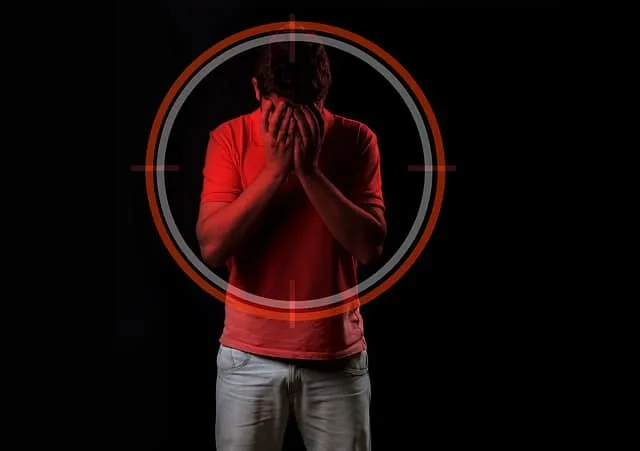
Being a parent to a child suffering from addiction is heart-breaking. One of the biggest challenges is not knowing when your child might relapse. This post will discuss ways that parents can best assist their child during these challenging times. The very first thing a parent can do is to seek support in the form of different resources and consult professionals to properly approach the situation. There are many great rehab centers in Los Angeles, like Divinity Recovery, that provide help and support for addicts no matter the source of addiction. Other family members might be willing to help, so make sure you are transparent about the problem. It is very important that you take the time to educate yourselves about addiction so that you can better grasp what has happened in an attempt to ease the emotional stress and impact. As a parent, you need to ensure that you are mentally prepared before any situation arises where you feel as though a loved one may relapse again. If this is your reality, here are a few guidelines.
How to spot a drug addiction
As a parent, you can easily spot when your child is acting out of character or if something is wrong because nobody knows your child better than you. Drug addiction sometimes does not manifest into obvious symptoms that can be easily spotted, however, here are a few things to look out for that could indicate your child is using drugs:
- Finding drugs or drug paraphernalia.
- Problems with your child’s behavior and poor academic performance in school.
- Emotional distancing, depression, isolation, or fatigue.
- Heavily influenced by their peers.
- Irritability, hostility, or a change in their cooperation level around the house.
- Increased evasiveness or lying about their whereabouts after school.
- Less interest in their physical appearance.
- Physical changes such as runny rose, frequent sore throats, bloodshot eyes, and rapid weight loss.
- Any mood changes as well as changes in eating or sleeping patterns.
- Memory problems or dizziness.
- Odor or breath that is unusual (marijuana, alcohol, inhalants)
- Dilated pupils even in bright lighting.
- Pinpoint pupils even in dim lighting.
The sooner you can recognize the symptoms, the sooner you can intervene.
How to prevent drug addiction
It is possible to prevent drug addiction and this starts when your children are toddlers. Communicate to your child about the importance of good health and for smaller children, explain to them that certain medications are only to be administered by parents or doctors and that if consumed in excess, it can be dangerous. Having a “drug talk” is not as effective as confronting this subject organically. Keep an open line of communication between you and your kids, always enforce positive encouragement and discuss substance abuse often including the long-term effects. As your child gets older, you will need to set rules and expectations and you also need to be mindful of any substances that you consume in front of your children such as alcohol and cigarettes. Finally, make it a point to know who your child is friends with as well as their parents.
How to deal with drug addiction
If your child suffers from drug addiction you will need to do the following:
- Strengthen your relationship: keep open and assertive communication and don’t allow addiction to let you withdraw from your child. Avoid being too emotional and never ignore the problem.
- Encourage treatment and positive behaviors: Avoid criticizing and instead encourage desirable behaviors. Engage with your child and try to establish healthy coping skills.
- Create and reinforce consistent guidelines: Set expectations that are clear and work with your child.
- Set boundaries: When things are calm, discuss what you will accept and what you will not. Do not allow your child to manipulate you and avoid enabling.
- Practice self-care: prioritize your needs because this is a stressful time and you want to avoid burnout. Join a support group, ask for help, and practice relaxing. This will help you care for your child better.
Risk factors
Here are some additional risk factors that can cause drug addiction:
- Little parental supervision or monitoring.
- Lack of interaction between parent and child.
- Inconsistent or excessive discipline.
- Conflict within the family.
- Peer pressure.
- ADHD diagnosis
- Medical anxiety disorder.
- Depression or bipolar disorder.
- Psychological distress.
The list can go on longer but keeping an eye on these factors can help save your child.
- Sagittarius Man & Gemini Woman Love and Sex Compatibility - January 31, 2024
- Taurus Ascendant Rising Personality Traits in Men (Guide) - January 31, 2024
- How to Seduce and Attract a Sagittarius Man (Seduction Tips) - January 31, 2024
